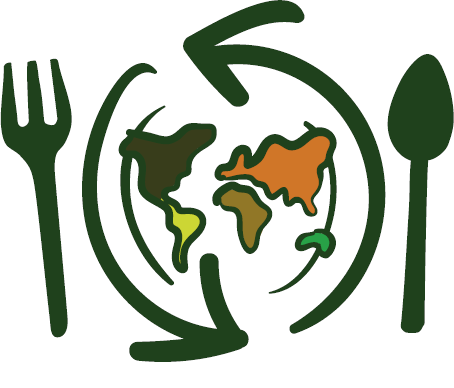The operative phases for the engagement of targeted restaurants and for the roll out of the project are as follows:
PREPARATION AND LAUNCH OF THE PROJECT

ACTIONS
CONTEXT ANALYSIS
TESTING PREPARATION
Construction of the list and map of the restaurant businesses we want to present the project to (about 400); analysis of the Single Use Plastics Directive and comprehension of possible problems in its implementation; comprehension of the most common mistakes in waste sorting and of the problems they cause.
Drafting of the survey to be used in the interviews with restaurant owners, preparation of the project website and information materials to be handed out, translation of these materials into the languages of the project; app creation for data collection about restaurant businesses; recruitment and training of mediators about the themes of the project.
RESULTS
Understanding of problems and opportunities related to single use plastic consumption; overview on existing alternatives to replace non-compostable single use plastics in the restaurant business sector; mapping of restaurant businesses eligible for engagement.
TESTING AND MONITORING

ACTIONS
PRE-ENGAGEMENT
ENGAGEMENT
MONITORING
All restaurant businesses eligible for engagement are contacted to receive a presentation of the project and are asked about their willingness to participate.
Mediators, together with Amsa or Aprica personnel, visit the engaged businesses (we estimate about 80) and engage them in an educational training about the themes of single use plastics and sorted waste collection. During the meeting, restaurant owners or managers reply to the survey. All the engaged businesses receive the compostable food bags provided by the project partner and some of them are asked to take part in an in-depth analysis of their waste components.
At the end of the testing phase, a new meeting with the engaged businesses is held to hand out the certificates of participation and to collect feedback about the tested food bags. In this phase, an assessment of the rate of replacement of non-compostable single use plastic products is carried out. Also, businesses who took part in waste component analysis receive their results.
RESULTS
Reduction of non-compostable single use plastic products consumption and improvement of waste sorting quality for at least 80% of the engaged restaurant businesses; comprehension of the impact of the Covid-19 emergency on the use of single use plastics and on delivery and take-away services; better integration of the businesses in the social fabric of their cities.
FORMALIZATION AND SHARING OF RESULTS

ACTIONS
Achieved results and collected evidence are discussed with experts from various sectors and presented during three open meetings in the three engaged municipalities (Bergamo, Brescia, Milan). The model is formalized in a final report and in an operating manual that makes it transferable onto other territories.
